Impact of COVID-19 on Cancer-Related Health Behaviors in Rural Cancer Patients and Rural Cancer Survivors
Description:
The COVID-19 global pandemic has had an unprecedented impact on the lives of almost every resident of the United States. The subsequent public health mitigation strategies, including social distancing measures, are effectively reducing transmission of the COVID-19 virus, but may have negative impact on behaviors important for cancer patients and cancer survivors (e.g., adhering to cancer treatment or cancer surveillance, physical activity, healthy diet, or alcohol consumption). Because rural cancer patients and rural cancer survivors already have significant barriers to accessing cancer care and engaging in healthy behaviors, the impact of COVID-19 social distancing measures may be even more pronounced in these settings. The purpose of this study is to conduct a cross-sectional survey of 800 (400 rural, 400 non-rural) cancer patients and cancer survivors in Washington state to measure non-adherence to cancer care and explore the degree to which COVID-19 social distancing measures are associated with non-adherence to cancer care and unhealthy cancer-related health behaviors for rural and non-rural participants. The results of this study will be critical in helping understand the potentially negative health impact of COVID-19 for rural cancer patients (a particularly vulnerable group) and provide guidance to public health professionals and policy makers to develop strategies to reduce the negative health impact.
Lead researcher
Funder:
National Cancer Institute
Status:
In Progress

